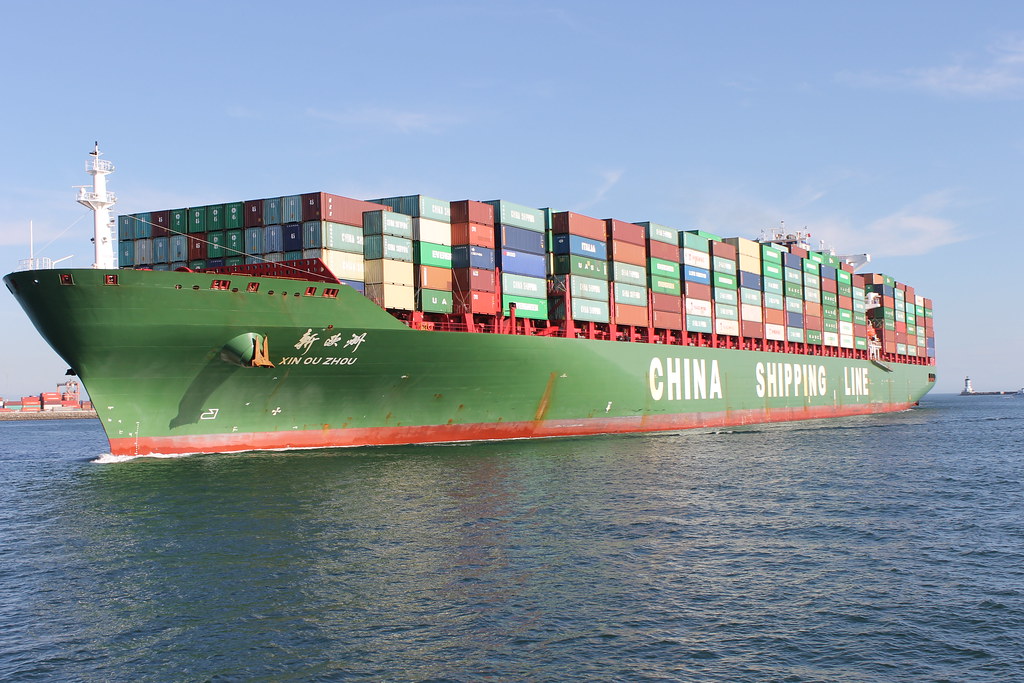China’s export glut inflames global tensions
“China is now simply too large for the rest of the world to absorb this enormous capacity … when the global market is flooded by artificially cheap Chinese products, the viability of American and other foreign firms is put into question.”
That’s what US Treasury Secretary Janet Yellen said after visiting China last month. Once the world’s largest manufacturer that benefited the global market with cheap products and labour, the country is now considered a threat to the world economy, with the West accusing it of oversupplying goods like steel and electric vehicles (EVs). Theoretically, prices fall when supply increases, all else being equal. Lower prices sound nice, so why is the huge supply from China causing alarm?
Since the pandemic, China’s surplus in the goods trade has doubled to $900 billion, with the price of Chinese exports dropping to a 14-year low.
The Chinese government has focused on exporting industrial and green technology goods like EVs and solar panels. The country now produces 55% of steel and 58% of new EVs worldwide. Cheap Chinese EVs and solar panels may aid the world’s green transition, but Chinese output is outpacing global demand. Taking solar panels as an example, China had the means to produce 861 gigawatts of solar modules per year in 2023 – over double the global total installed capacity. Cheaply priced Chinese goods make it difficult for manufacturers abroad to compete. This hinders green technology development in parts of the world that are trying to raise their global market share, such as the US, Europe, and India.
Since the domestic market cannot accommodate the goods, they must be exported
Beijing has affirmed that “overcapacity” is normal in market economies, but can China really be classified as one? Since the 1980s, China’s economy has used a form of state capitalism where the private sector coexists with heavy government intervention. This takes the form of state-owned enterprises alongside supply-side policies like infrastructure investment and green technology subsidies. Then, the state acts as a consumer to absorb the huge output this system generates. For example, the Chinese government initiated the ‘Ten Cities and Thousand Vehicles’ project in 2013 to increase the use of electric public transport nationwide.
As early as 2018, economists from the China Electronics and Information Industry Development Research Institute, a Chinese think tank, were warning that this economic model was unsustainable. While high state subsidies and profits generate investment and expand supply quickly, demand is primarily state-driven. This means that when public demand cannot grow sufficiently, and the market cannot keep up either, overcapacity occurs. This prediction came true after the pandemic broke out in 2020. The property market is too weak to purchase enough steel, and local consumers do not find EVs appealing in a stagnant economy. Since the domestic market cannot accommodate the goods, they must be exported.
Trump has promised a 100% tariff on all imported Chinese cars made in Mexico
China’s overcapacity has intensified the geopolitical conflict between China and the West. The US and EU have imposed tariffs on Chinese imports to protect local businesses since 2016, and more trade barriers are coming. Alongside high tariffs on Chinese goods including EVs, steel, and aluminium, US President Joe Biden has established the Inflation Reduction Act (IRA) to subsidise green technology manufacturing and reduce dependence on China. In response, Beijing has filed a complaint with the WTO to contest the IRA, arguing that China is just meeting “the needs of foreign customers”.
Even if Biden is unseated this November, his would-be successor, Donald Trump, has promised a 100% tariff on all imported Chinese cars made in Mexico if he wins the upcoming election. The European Commission is also considering adding new tariffs on Chinese goods, with India and Mexico imposing tariffs as high as 80% on China’s steel imports.
Xuyang Dong, China Energy Policy Analyst at Climate Energy Finance, predicts that China will dominate the world market despite these trade restrictions. China is over-producing industrial and green technology goods thanks to its unique state-capitalist economic model, and the world fears that cheap Chinese imports will threaten local manufacturers. It is a classic case of China and the world trying to find the optimal balance between economic and geopolitical interests.

Comments